Through the years, many strange myths have popped up about the food we eat and how we eat it. However, many of these myths have no scientific evidence to support them. Here are ten popular myths about food, debunked.
Boiling Water
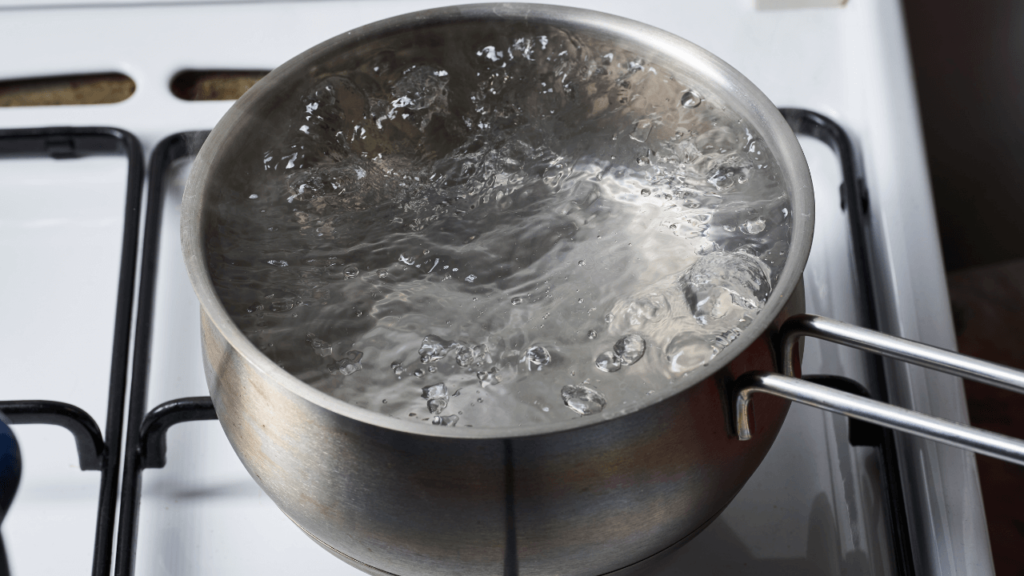
Many people believe that if you add salt to a pot of water, it will boil faster, but this is a myth. Adding salt will change the boiling point, but only by a fraction.
Drinking Water
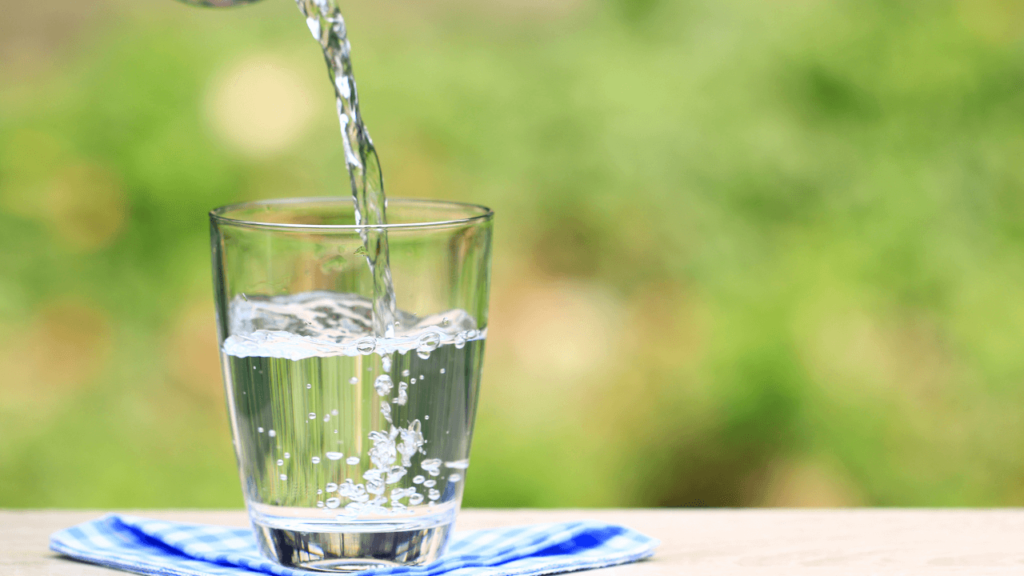
It’s commonly believed that you should drink 64 ounces of water daily because of a government report from 1945. But people forget that this report stated that most of that water would come from prepared meals. No scientific report has stated how much water people should drink every day, but you do not have to drink anywhere near that amount.
Eating Eggs
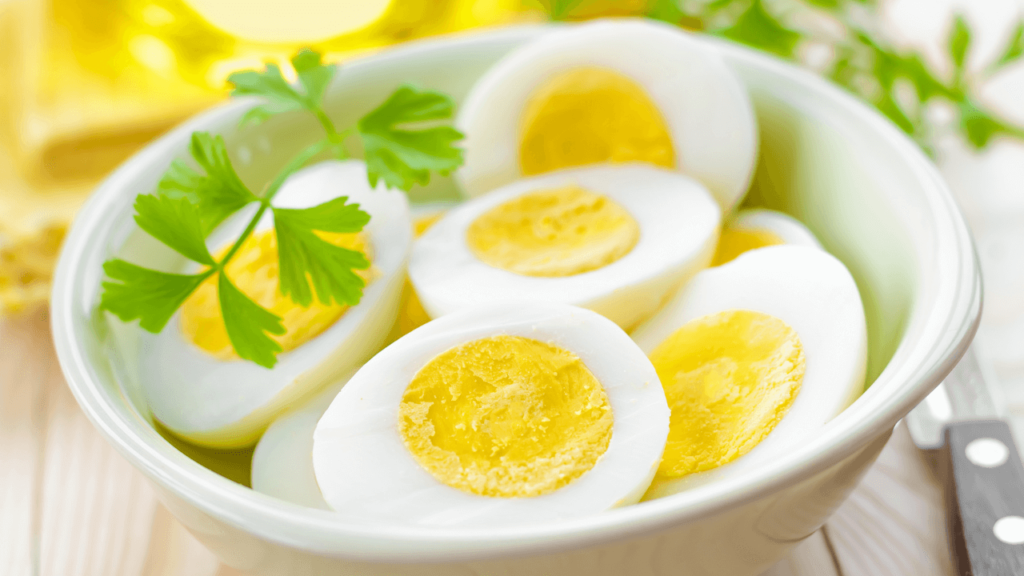
For years, people claimed that eggs were full of cholesterol. Although they do contain a lot of cholesterol, they contain very little saturated fat and no trans fat. Eggs are full of dozens of vitamins and minerals, and very little cholesterol will make it into your bloodstream.
Grilling Meat
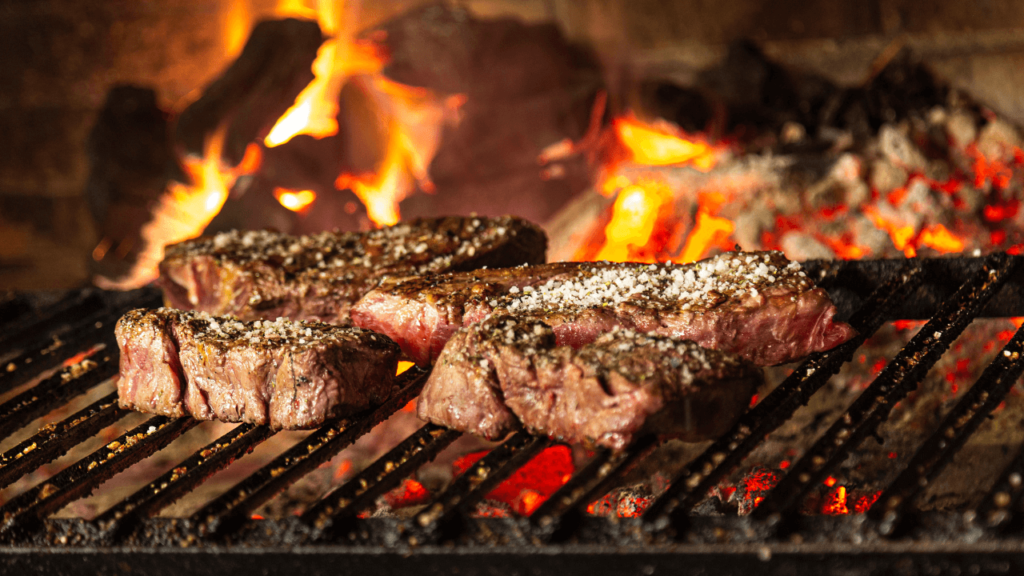
Have you heard the common myth that grilling meat will lead to cancer? A study found small amounts of the chemical acrylamide, which is a compound used in industrial and manufacturing contexts, in some burned foods. Although this can be linked to nervous system toxicity and fertility issues, you have to eat a gigantic amount of grilled meat every single day to get sick from it.
Seared Meat
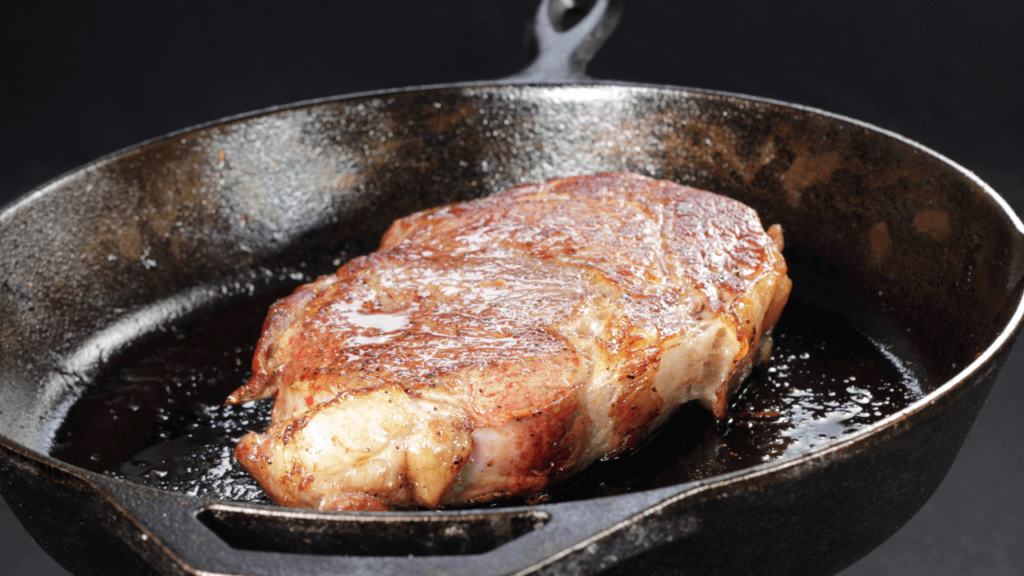
Many cooks will tell you that searing meat keeps the juices inside, but this is a myth. It has been discovered that seared meat is less moist than grilled meat.
Negative Calories
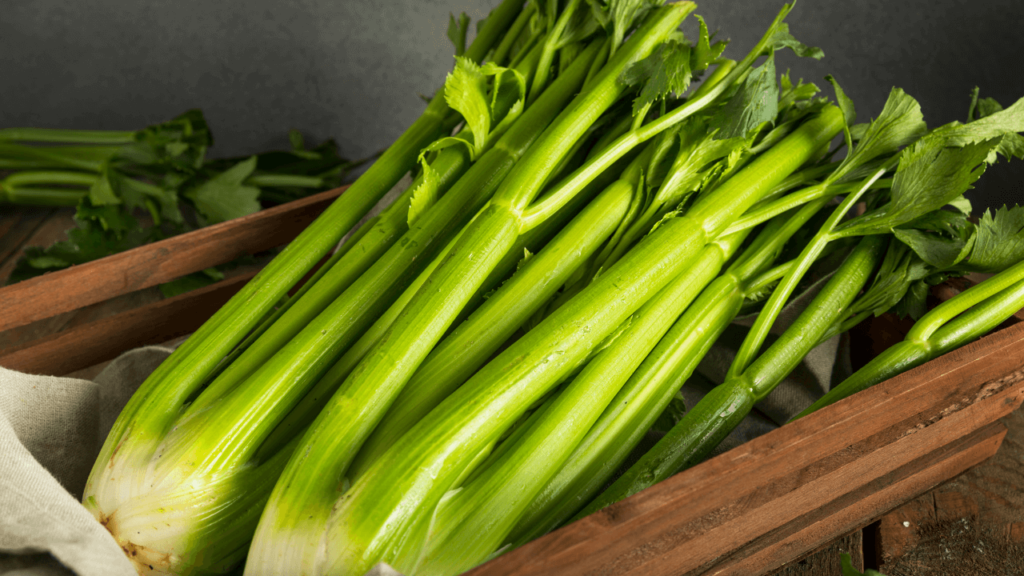
Many people have claimed that certain foods, such as celery, are so low in calories that eating them burns more calories than it creates. But in reality, chewing and digesting food has no significant caloric expenditure.
Cooking Vegetables
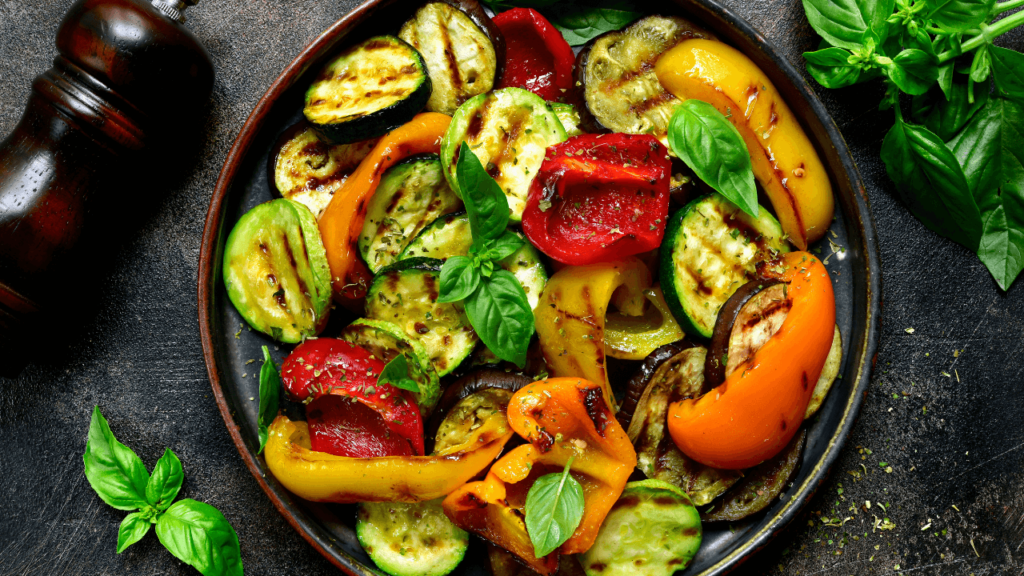
For decades, people have claimed that cooking vegetables destroys the nutrients inside. This has not been supported by any scientific research. Although some nutritional value will indeed end up in the water when you boil vegetables, not all of it will be lost. Steaming, sauteing, or grilling vegetables is a way to get around this.
Eating Late

The myth that eating late at night will make you fat has been around for ages. In reality, a large meal eaten late at night will not just sit undigested in your gut. Your metabolism doesn’t just stop and turn food into fat when you sleep, but it does slow the process down.
Pork Must be Overcooked to Avoid Parasites
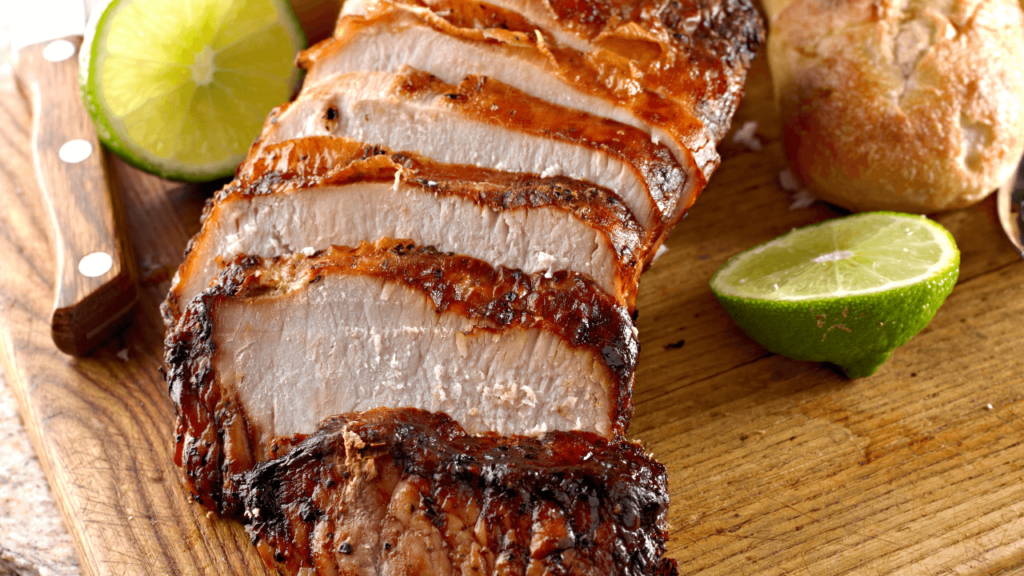
Many people think pork should be overcooked to avoid parasites, but this is not true. Thanks to food safety regulations, the risk of contracting the parasite trichinosis has just about vanished in the United States.
Microwaving Food

Another popular myth is that microwaving your food will kill its nutrients, but in reality, microwaving vegetables is a great way to ensure they keep their nutritional value.







